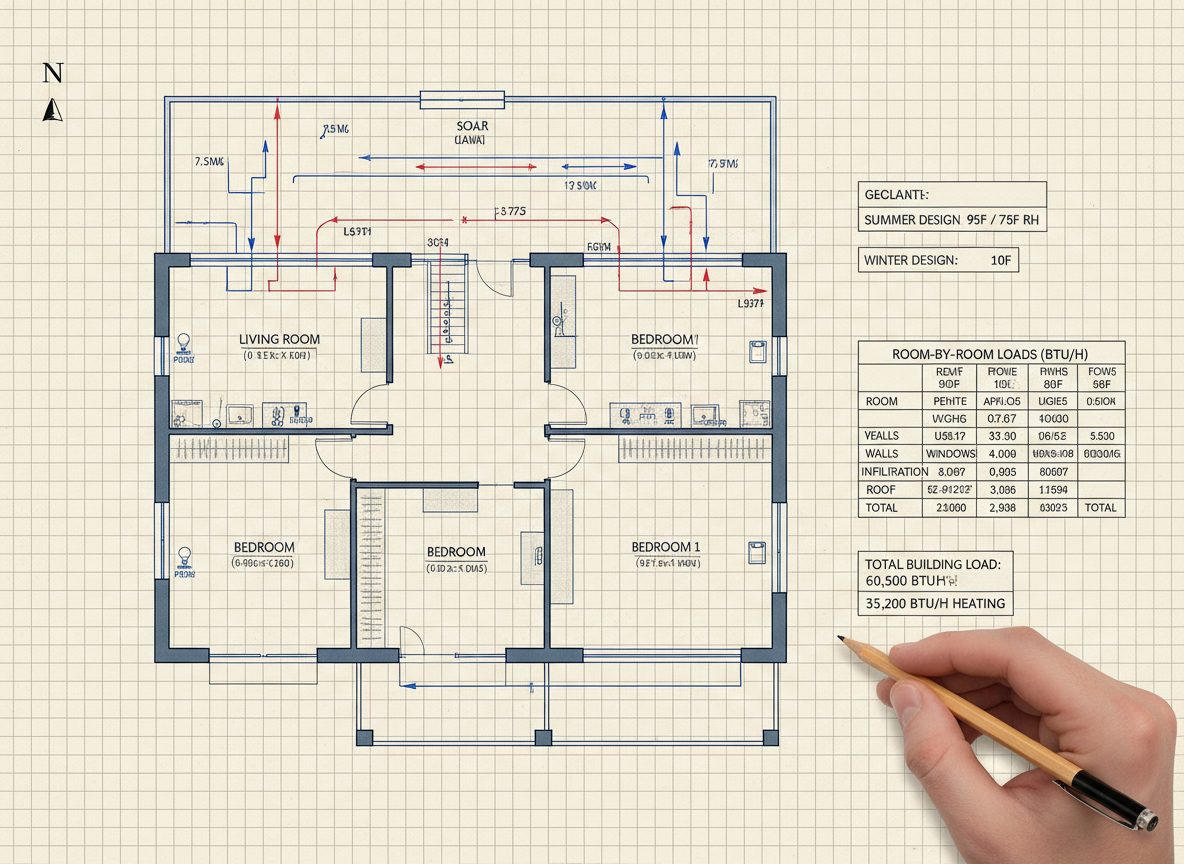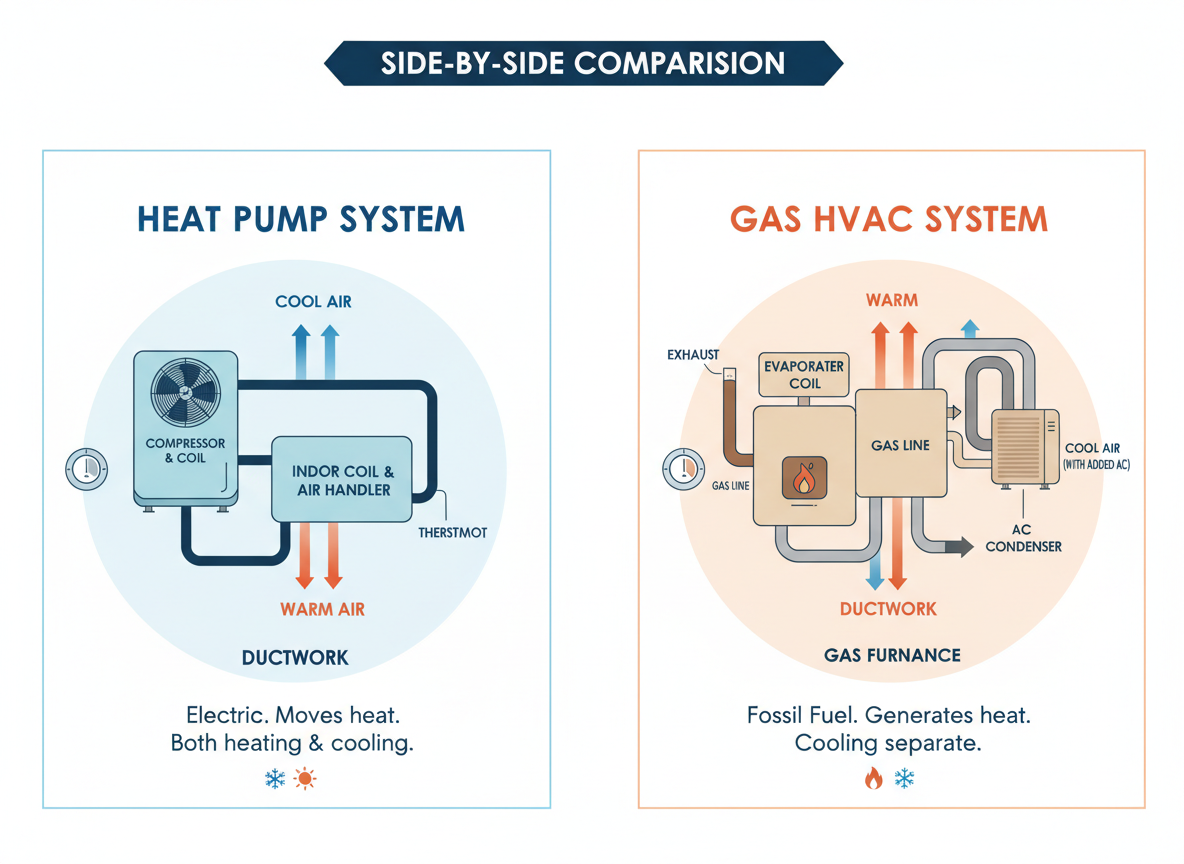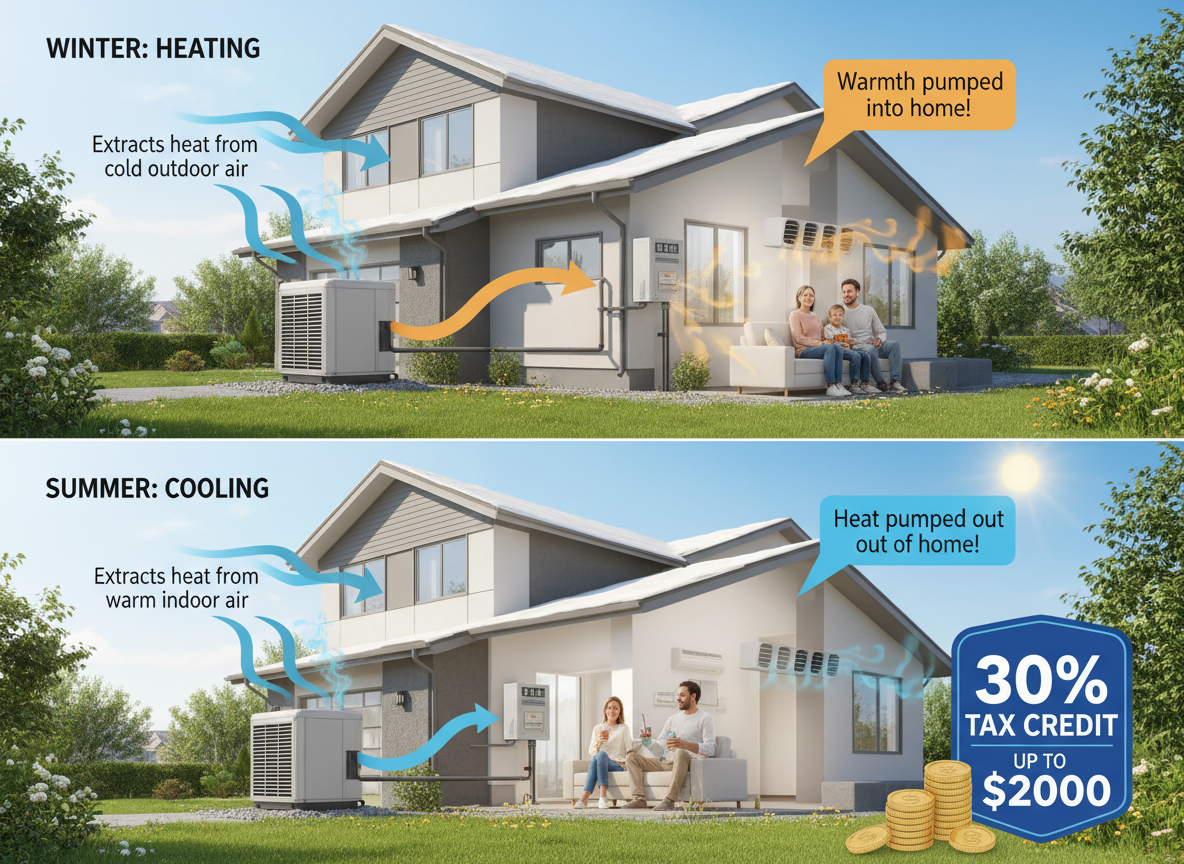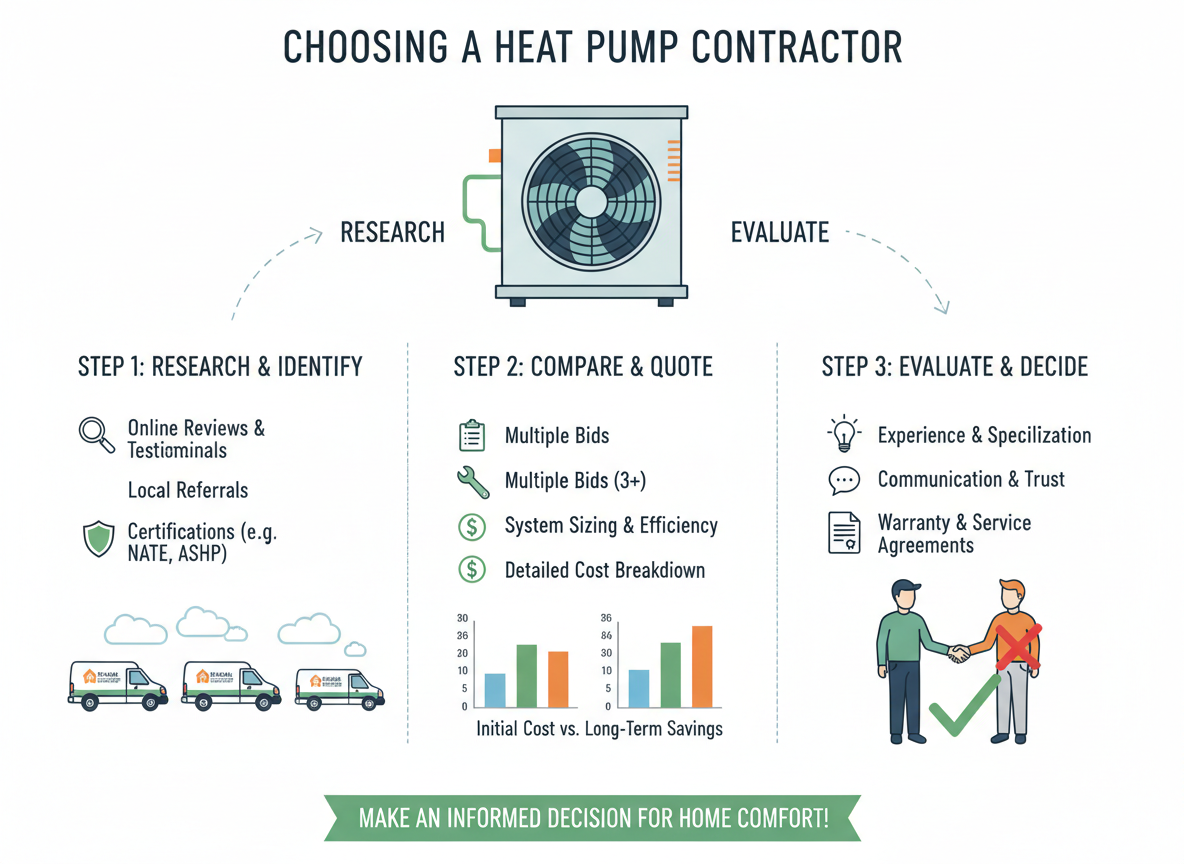
There are multiple reasons why your ac unit would be leaking water. To understand why it is leaking water it is essential to understand how water is formed in your air conditioning unit. The ac unit contains an evaporator coil. The purpose of the evaporator coil is to cool the warm air that passes over it. As a result of this process, condensation is created on the coil. Like condensation on a cold glass of water on a hot day. The condensation build up then drips down into the drain pan beneath coil, and into condensate drain line. In some instances, water also drains into a smaller container with a pump, called a condensate pump which then removes the liquid through a tube to outside the home. Therefore, what causes your ac unit to leak water?
Most Common Causes of AC Water Leaks:
Clogged Condensate Drain Line
During the cooling season when you are using your ac unit, it will produce condensate. This condensation will work its way through a series of pipes and eventually drain outside the home. Dust, dirt, sludge, or mold can cause the drain line to get clogged. If any of these pipes become blocked, it could cause a water leak. A clogged condensate drain line is one of the most, if not the most common cause for water leaking from your AC unit into your home. There are a few different ways of unclogging a drain line. Call a professional so you can be sure the blockage is cleared.
Damaged Drain Pan
The coil has a drain pan underneath designed to collect condensate. If this pan becomes damaged or rusted, there will be a water leak. In this case, you would need to replace the pan.
Damaged Condensate Pump
In some cases, your unit will be equipped with a condensate pump. A condensate pump pumps the water outside. If this pump breaks, the water will not be pumped out anymore. In this case, the pump would need to be repaired or replaced.
Dirty Air Filter
If your air conditioning air filter becomes dirty or clogged it will block airflow over the evaporator coil. As a result the evaporator coil can become too cold and cause the coils to freeze over. When the ice melts, the excess water may not be contained in the drain pan and cause an overflow. A good rule of thumb to follow is to replace your air filter at least once every 3 months. Check your filter periodically and it if its dirty change as needed. A clean filter can not only prevent an icy coil, but can increase the efficiency of your HVAC system.
Dirty Evaporator Coil
A dirty evaporator coil could cause various problems for your system. If a coil becomes coated with dirt or dust the water can no longer coat to the surface and will drip down to the floor. Any dirt carried throughout your system is likely to clog the drains. If the drains become completely clogged, the water will back up into your home. This can be prevented by scheduling routine maintenance of your system and including evaporator coil cleaning.
Low Refrigerant
Similar to what occurs when there is a dirty coil, low refrigerant or a refrigerant leak will cause the unit to lose pressure. This can also lead to freezing coils and overflow from drain pan. Some issues you may notice that may signal low refrigerant is your air conditioner not cooling well, or you may hear a hissing sound indicative of a refrigerant leak. Depending on how severe and the location of the leak you will either need to repair the leak or replace the unit. If you suspect a refrigerant leak, contact a licensed HVAC professional who can determine location and repair leak.
Faulty Installation
A faulty installation can lead to multiple issues, many of which can lead to water leaks. If a system has been improperly installed drainpipe fittings may not be secure and loosen over time. This can cause condensation to drain onto the floor. Furthermore, a unit that is not level can also result in water draining to where it should not. If your air conditioning unit is newly installed and experience a leak, most likely it is due to a faulty installation.
How To Reduce Potential HVAC Water Damage In Your Home
To reduce any potential water damage in your home try following the tips below:
- Most importantly schedule routine HVAC system maintenance to increase efficiency and reduce any potential for costly repairs.
- Have your refrigerant levels checked regularly. This could be done at the same time as routine maintenance.
- Clean or change your filter at least once every 3 months.
- Make sure your central AC system has a secondary drain line.
- Install a drain pan overflow shutoff switch. This safety switch will shut down your ac unit in case it overflows with water.
- Add a safety pan under your AC unit to catch any drain pan overflow.
Contact LA Heating & Air
When you first notice any leak coming from your system it is important to make sure it is in fact water and not refrigerant. A refrigerant leak is a much more serious issue than a water leak. The most effective way to reduce any water damage from a leak is to perform routine maintenance of your system. This single step can help ensure your system continues to work at its most optimum levels. Contact us today at (818) 341-3406 or contact us online to schedule a service visit to address any ac water leaks you may be experiencing or routine maintenance.
What Causes Your AC Unit To Leak Water? Related Posts:






















.png)














